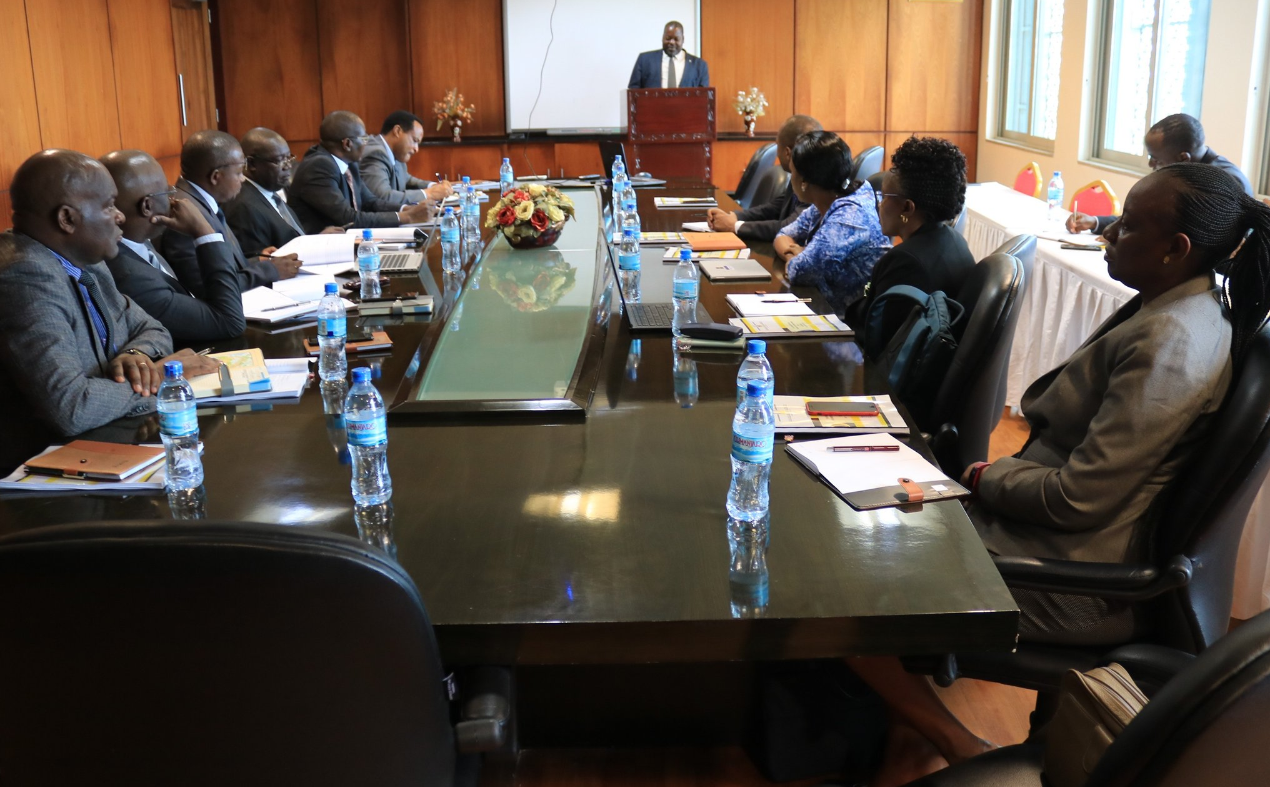
Institute of Tax Administration Entry Requirements| Sifa Za Kujiunga Chuo Cha Kodi ITA, Entry Requirements for the Institute of Tax Administration (ITA) 2024/2025
The Institute of Tax Administration (ITA), known as Chuo Cha Kodi in Tanzania, is the premier institution for education in customs and tax administration. Accredited by the National Council for Technical Education (NACTVET), ITA is dedicated to producing skilled professionals in the fields of taxation and customs, offering a wide range of programs from certificates to master’s degrees. This article provides an in-depth look at the entry requirements for various programs at ITA, helping prospective students understand what it takes to join this esteemed institution.
Overview of ITA
Founded with the mission of advancing the practice of customs and taxation in Tanzania, ITA is a leading educational institution in these critical fields. The institution offers a comprehensive curriculum designed to equip students with both theoretical knowledge and practical skills necessary for a successful career in customs and tax administration. ITA’s programs cater to various academic backgrounds, making it an ideal choice for students at different stages of their educational journey.
Institute of Tax Administration Entry Requirements| Sifa Za Kujiunga Chuo Cha Kodi ITA
Entry Requirements for ITA Programs
ITA offers programs at different levels, each with specific entry requirements. Below is a detailed breakdown of the qualifications needed for admission into ITA’s certificate, diploma, bachelor’s degree, and postgraduate programs.
A. Certificate and Ordinary Diploma Programs
1. East African Customs Clearing and Freight Forwarding Practising Certificate (CFFPC)
- Requirements:
- A minimum of two (2) passes in non-religious subjects at the Ordinary Level (O-Level) examinations.
2. Basic Technician Certificate in Customs and Tax Management (CCTM)
- Requirements:
- At least four (4) grade D passes in business-related subjects from the Certificate of Secondary Education Examination (CSEE).
- A minimum Cumulative Grade Point Average (GPA) of 1.0 in CSEE results, with passes in Mathematics and English, or an NVA Level 3 qualification.
- Successful completion of the Advanced Certificate of Secondary Education Examination (ACSEE) in business-related subjects.
3. Ordinary Diploma in Customs and Tax Management (DCTM)
- Requirements:
- Completion of the ACSEE with at least one principal pass and one subsidiary pass in business-related or natural science subjects, alongside four O-Level passes, including Mathematics and English.
- Alternatively, successful completion of the ITA Basic Technician Certificate in Customs and Tax Management (CCTM) or a business-related subject/law-related course at NTA Level 4 with a minimum GPA of 3.0. Four O-Level passes, including Mathematics and English, are also required.
B. Bachelor’s Degree and Postgraduate Programs
1. Bachelor of Customs and Tax Management (BCTM)
- Requirements:
- Completion of A-Levels in business-related or natural science subjects, achieving at least 4.0 points in two ACSEE subjects. Four O-Level passes, including Mathematics and English, are mandatory.
- Alternatively, completion of the ITA Diploma in Customs and Tax Management (DCTM) or an NTA Level 6 qualification in business-related subjects, natural sciences, or ICT with a minimum GPA of 3.0. Four O-Level passes, including Mathematics and English, are required.
2. Postgraduate Diploma in Customs and Taxation (PGDCT)
- Requirements:
- A Bachelor’s degree or an equivalent qualification from a recognized institution.
3. EAC Postgraduate Certificate in Customs Administration (PGCCA)
- Requirements:
- A Bachelor’s degree or any other equivalent qualification from a recognized institution.
4. EAC Postgraduate Diploma in Customs Administration (PGDCA)
- Requirements:
- A Bachelor’s degree along with successful completion of the PGCCA program.
5. Graduate Trainee Program (GTP)
- Requirements:
- A Bachelor’s degree or an equivalent qualification from a recognized institution.
6. Master of Arts in Revenue Law and Administration (MARLA)
- Requirements:
- A Second Class Lower Division Bachelor’s degree in taxation, accounting, economics, law, or any business-related equivalent qualification from a recognized institution.
Application Process
The application process for ITA involves several key steps, depending on the program level and type of study you are interested in. Here is a general overview:
- Stay Updated on Admissions: ITA typically announces admission dates and deadlines on its official website. Prospective students should regularly check for updates to ensure they do not miss important deadlines.
- Verify Academic Eligibility: Before applying, ensure that you meet the academic qualifications required for your desired program.
- Submit Application: Applications can usually be submitted online through the ITA website. Ensure all required documents, such as transcripts and certificates, are uploaded in the correct format.
- Pay Application Fee: The application fee must be paid as outlined in the ITA admissions guidelines. Failure to pay the fee may result in your application being incomplete and therefore not considered.
- Await Selection Results: After the application deadline, ITA will review all submissions and notify successful candidates.
Conclusion
The Institute of Tax Administration (ITA) is an excellent choice for those looking to build a career in customs and tax management. With programs ranging from basic certificates to advanced degrees, ITA offers comprehensive education and training in these fields. By meeting the entry requirements and successfully navigating the application process, you can secure a place at ITA and take the first step toward a rewarding career in tax administration and customs management.

